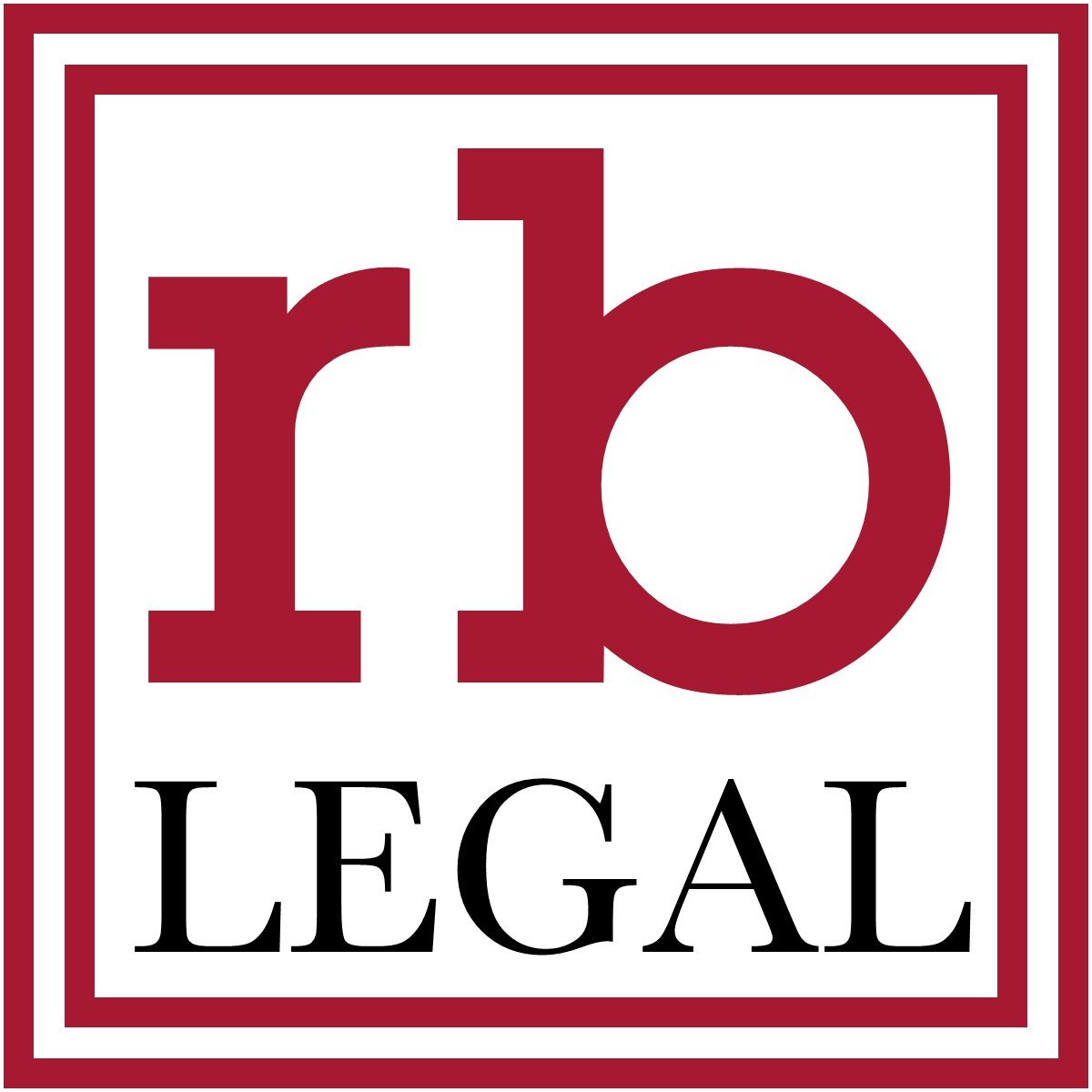As the personal representative of someone’s estate, it is your job to settle their affairs, manage their property and distribute their assets according to their last wishes. If they did not provide written instructions, then you will use state law to determine how you distribute property to their beneficiaries.
For the typical estate in Minnesota, real property, whether it is someone’s home or vacant unimproved land, will be one of the most valuable assets they may pass on through their estate. Any real estate, regardless of its value, directly owned by the deceased will trigger probate court oversight. What do you have to do when handling real estate as part of a Minnesota estate?
Secure the property
Especially if there is a dwelling unit, acting to secure the real estate quickly will be important. Thieves who hear about the death may try to target the property for a burglary. Vandals and teenagers might target vacant properties for different reasons.
There is also the possibility that family members of the deceased might try to assume possession of the property or remove assets from the building. When you secure the property, you may need to change the locks or move certain belongings somewhere else.
Review ownership and estate documents
Sometimes, testators arrange for the immediate transfer of real estate with a deed granting joint tenancy with rights of survivorship. Other times, the property is in a trust and only possession, not ownership will change. You need to look at what someone indicated in their estate plan and the current vesting for the property.
Fulfill probate responsibilities prior to real estate transfers
If the property is not in a trust and does not automatically transfer to the intended beneficiary, then it may be subject to creditor claims. Tax authorities, the Medicaid estate recovery program and even credit card companies can demand repayment from the estate. The courts could potentially require the liquidation of assets, including real property, to repay those creditors.
Proceed with caution to avoid title issues
Real estate transfers related to probate proceedings have a known correlation with later title claims and ownership complications. You will reduce the chance of making a mistake or oversight in how you manage the property and the succession of ownership rights when you understand Minnesota state law and your obligations as the representative of the estate.
Educating yourself about Minnesota probate rules can help you better manage the biggest assets currently in your care.



